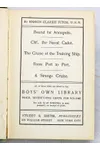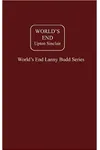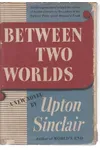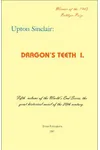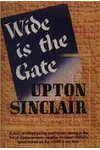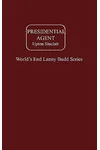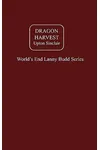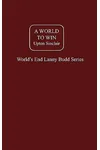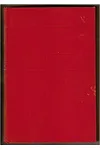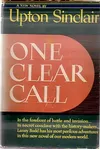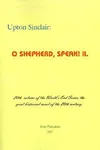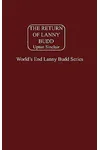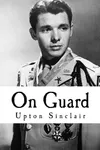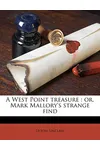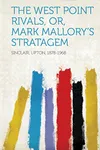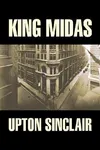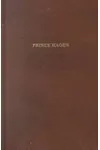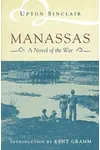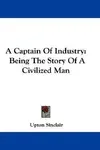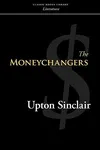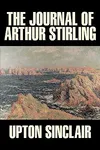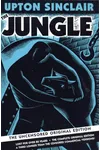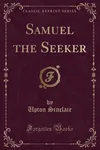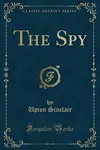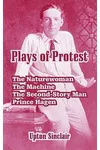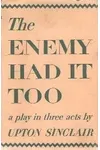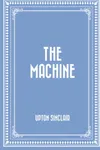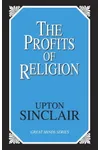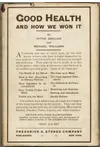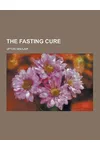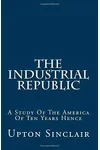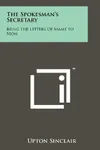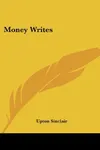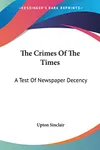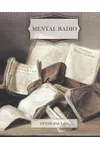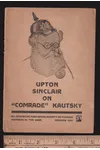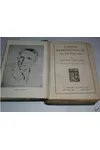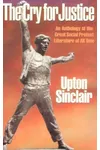Picture an American storyteller who turned the gritty realities of industrial life into gripping tales that changed laws—meet Upton Sinclair! Born in 1878, this prolific author and social activist wrote over 100 novels, but his 1906 masterpiece The Jungle stole the spotlight, exposing the meatpacking industry’s horrors and sparking nationwide reform. With a knack for blending vivid storytelling with social critique, Sinclair became a literary force for justice.
The Making of Upton Sinclair
Upton Beall Sinclair was born in Baltimore, Maryland, to a family teetering between poverty and privilege. His father’s struggles with alcoholism contrasted with his mother’s ties to wealth, shaping Sinclair’s empathy for the downtrodden. A voracious reader, he started writing as a teen, churning out dime novels to fund his education at the City College of New York. By his early 20s, Sinclair was blending his passion for storytelling with a fiery commitment to socialism, setting the stage for a career that would shake up society.
Upton Sinclair’s Unforgettable Stories
Sinclair’s writing was a megaphone for social change, blending muckraking journalism with novelistic flair. The Jungle (1906) remains his crown jewel, a gut-punching tale of immigrant Jurgis Rudkus navigating Chicago’s slaughterhouses. Its vivid depictions of filth and exploitation led to the Pure Food and Drug Act and the Meat Inspection Act. Another gem, Oil! (1927), tackled corporate greed in the California oil boom, inspiring the film There Will Be Blood. Sinclair’s Dragon’s Teeth (1942), part of his Lanny Budd series, won the Pulitzer Prize for Fiction, exploring global politics through a charismatic hero. His style—raw, urgent, and packed with social commentary—made his stories both page-turners and calls to action.
Though best known for fiction, Sinclair dabbled in everything from plays to political treatises, always championing the underdog. His relentless output—over 90 books—reflected his belief that literature could spark revolution. Whether exposing labor abuses or critiquing capitalism, Sinclair’s works were unapologetically bold, earning him both admirers and critics.
Why Upton Sinclair Matters
Sinclair didn’t just write books; he changed the world. The Jungle forced lawmakers to act, proving literature’s power to drive reform. His fearless exposes of corruption and inequality inspired generations of activists and writers, from John Steinbeck to modern investigative journalists. Sinclair’s socialist ideals and tireless advocacy for workers’ rights cemented his legacy as a literary crusader whose words still resonate in today’s debates on labor and justice.
- Born: September 20, 1878, Baltimore, Maryland
- Key Works: The Jungle, Oil!, Dragon’s Teeth
- Awards: Pulitzer Prize for Fiction (1943)
- Fun Fact: Sinclair ran for governor of California in 1934 as a socialist!
Ready to dive into a world of grit and glory? Grab The Jungle and discover why Upton Sinclair’s stories still pack a punch!

